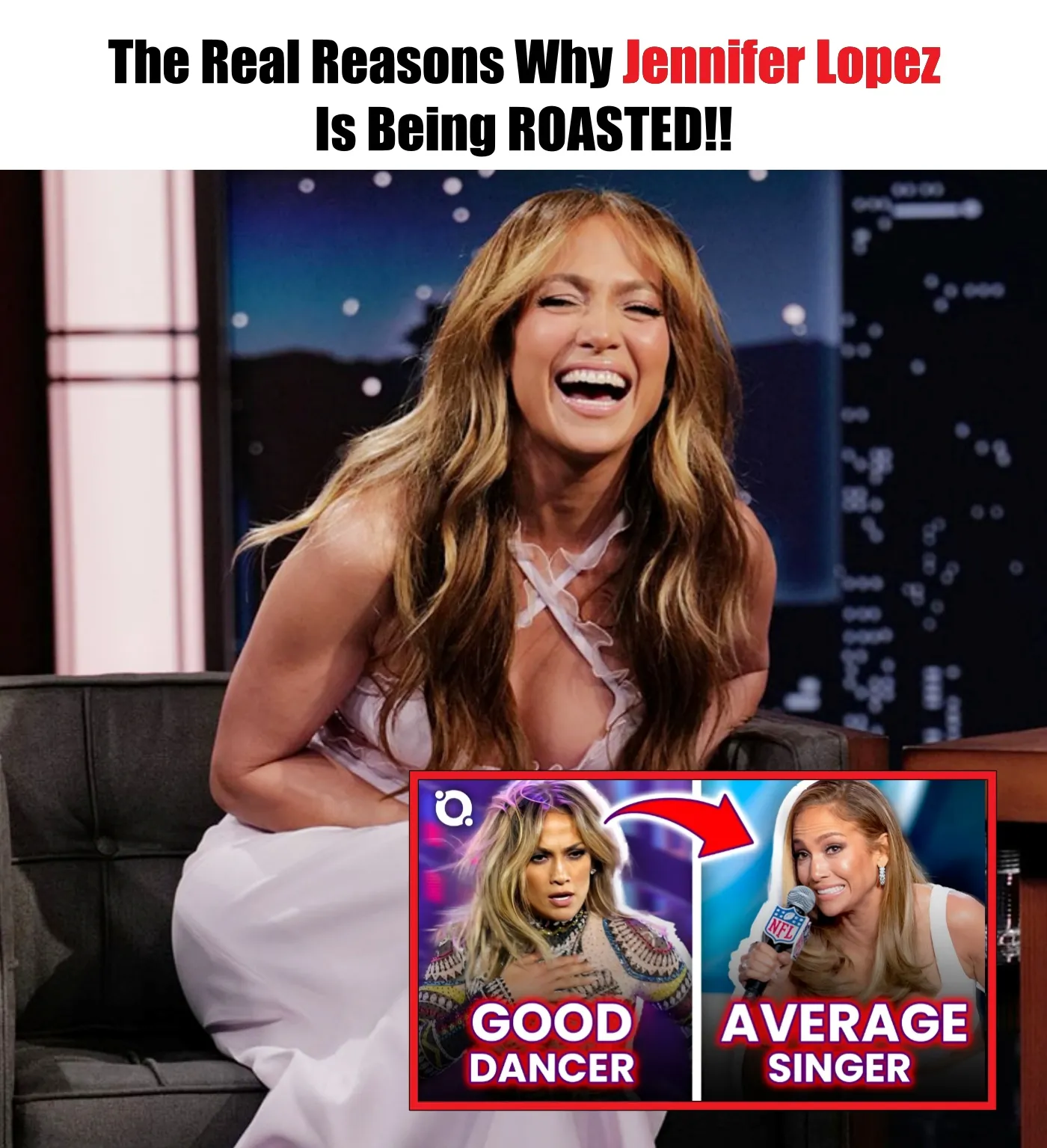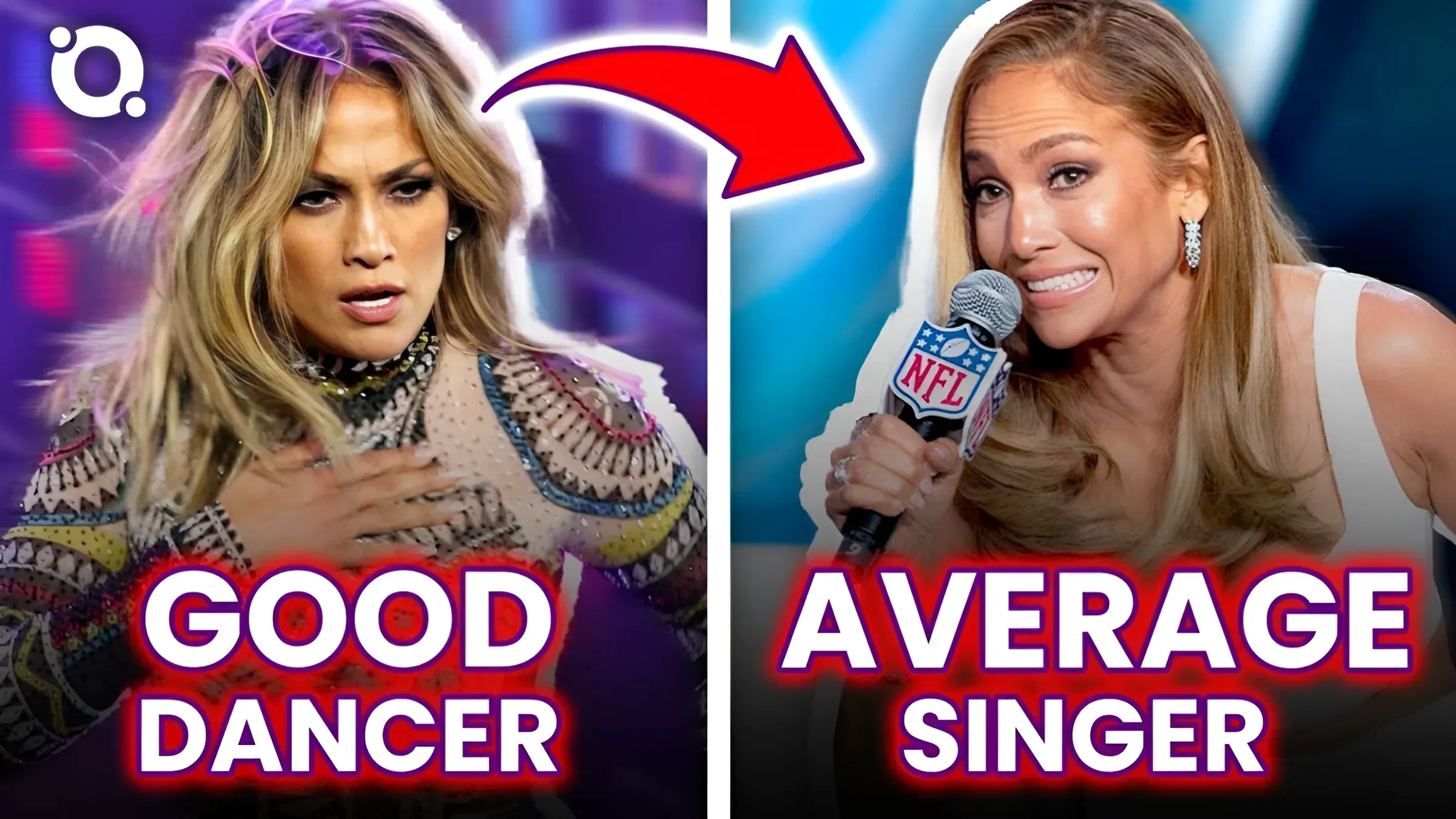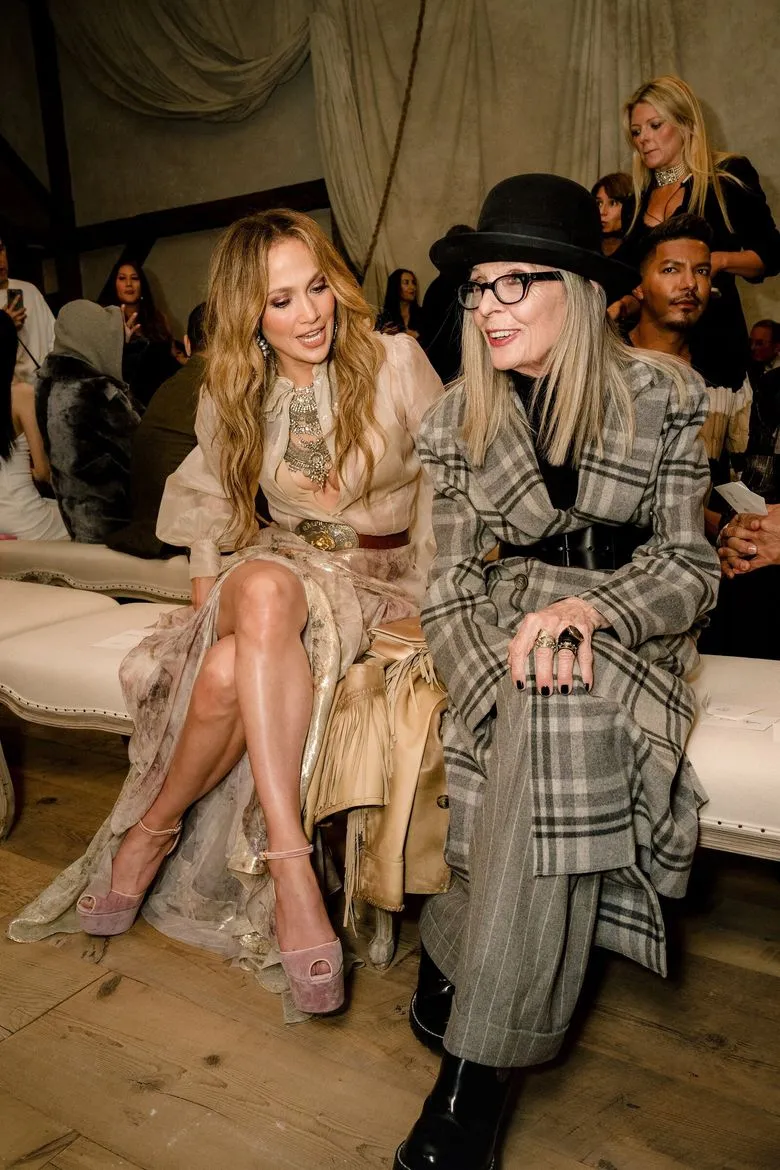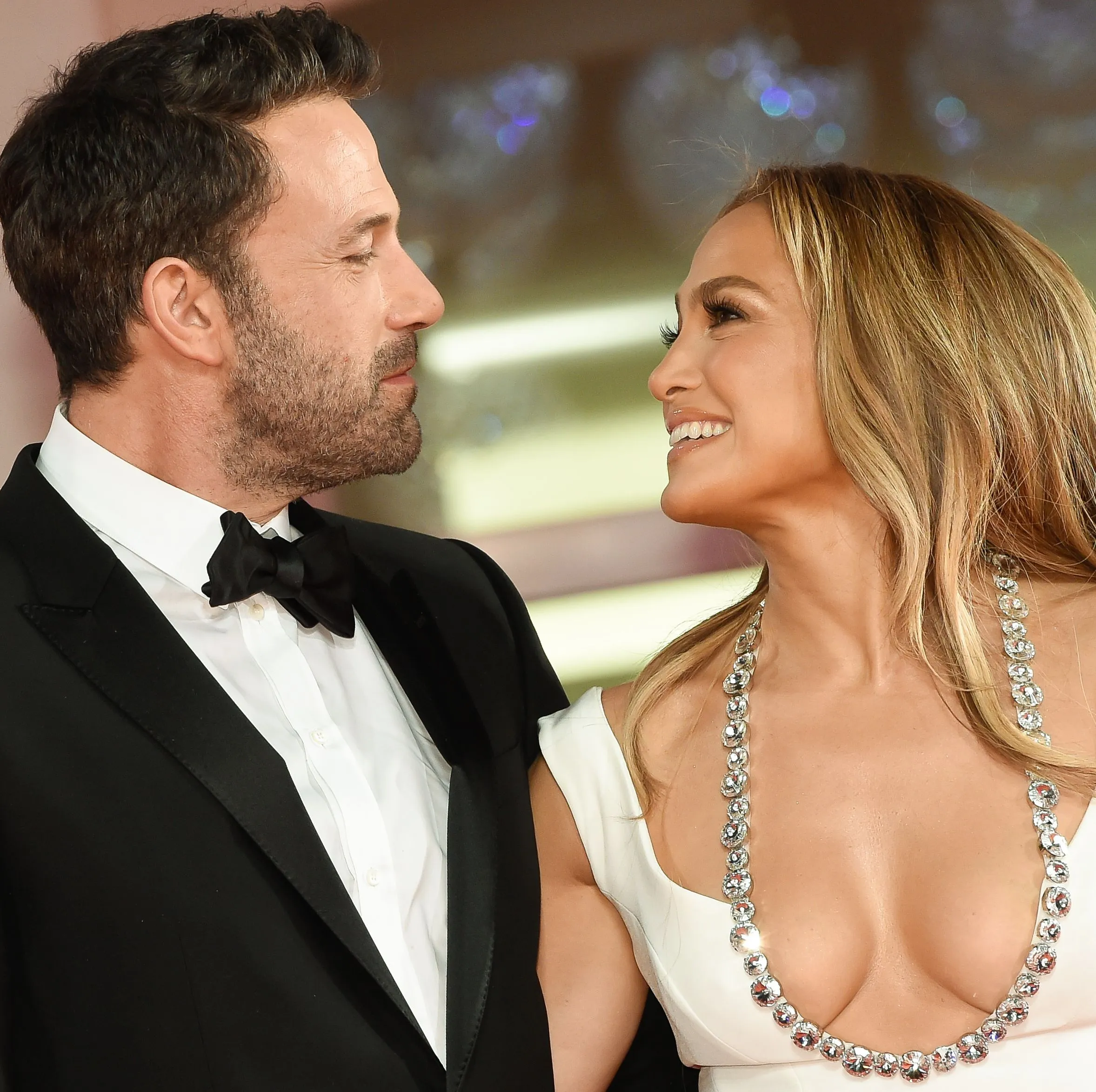Jennifer Lopez is undeniably a cultural icon, adored by millions for her talent, charisma, and undeniable star power. Yet, alongside her devoted fan base, there exists a sizable contingent of people who find themselves unable to fully embrace the phenomenon that is JLo. From controversies surrounding her personal life to criticisms of her professional conduct, the reasons behind this divide are multifaceted.

One aspect that has contributed to the ambivalence towards Jennifer Lopez is the perception of her as a diva. While many admire her for her confidence and commanding presence, others see her as arrogant and self-absorbed. Accusations of ghost singing have further fueled skepticism about her authenticity as an artist, undermining the connection between her public persona and her Bronx roots.

Moreover, Jennifer Lopez’s penchant for incorporating her personal life into her public image has drawn scrutiny. Critics argue that her relationships, marriages, and even her children are exploited for publicity and marketing purposes, diluting the authenticity of her brand. This blending of the personal and the promotional has left some feeling disillusioned and disconnected from the star they once idolized.

The cancellation of Jennifer Lopez’s tour due to low ticket sales is emblematic of this shifting perception. While she remains a cultural icon, there is a growing sentiment that the JLo of today is not the same relatable figure from the block that endeared her to audiences in the past. As the gap between Jennifer Lopez the person and JLo the brand widens, so too does the divide between those who idolize her and those who can barely tolerate her.

Ultimately, the complex relationship between Jennifer Lopez and public perception reflects the tension between fame, authenticity, and the ever-evolving nature of celebrity culture. While she continues to command attention and adulation from many, the criticisms and controversies that surround her serve as a reminder of the challenges that come with navigating the spotlight.
